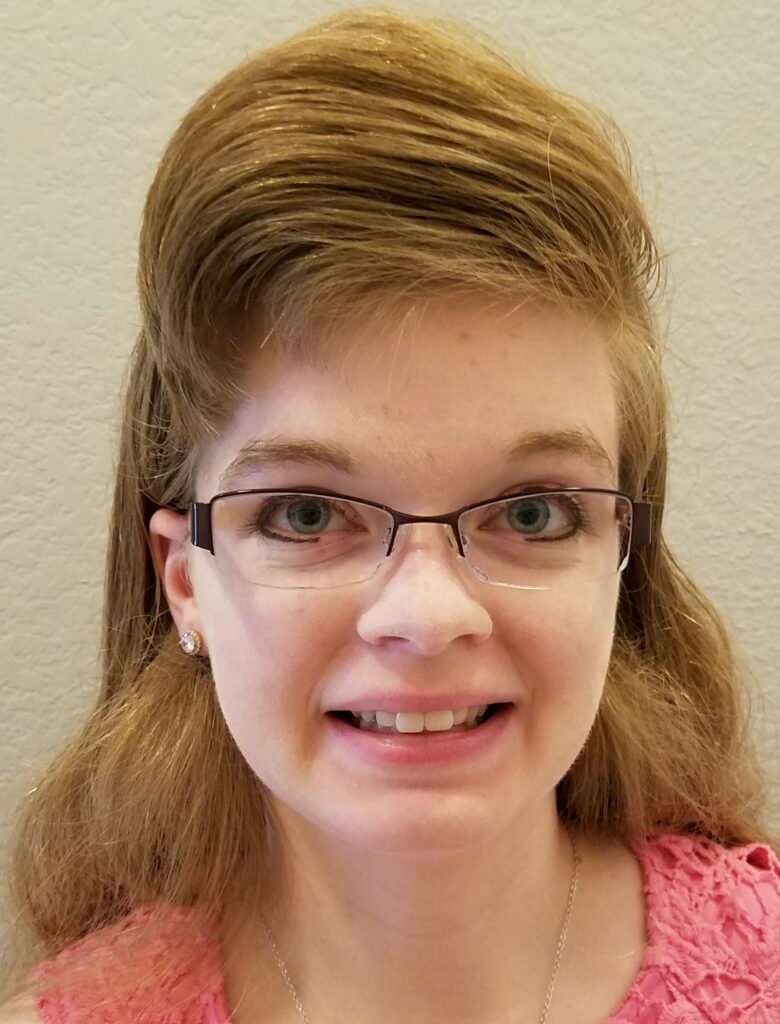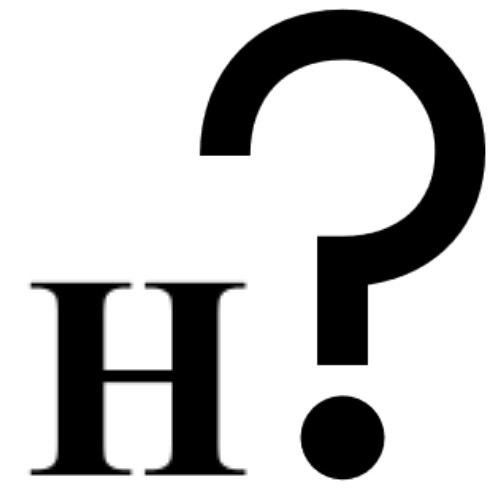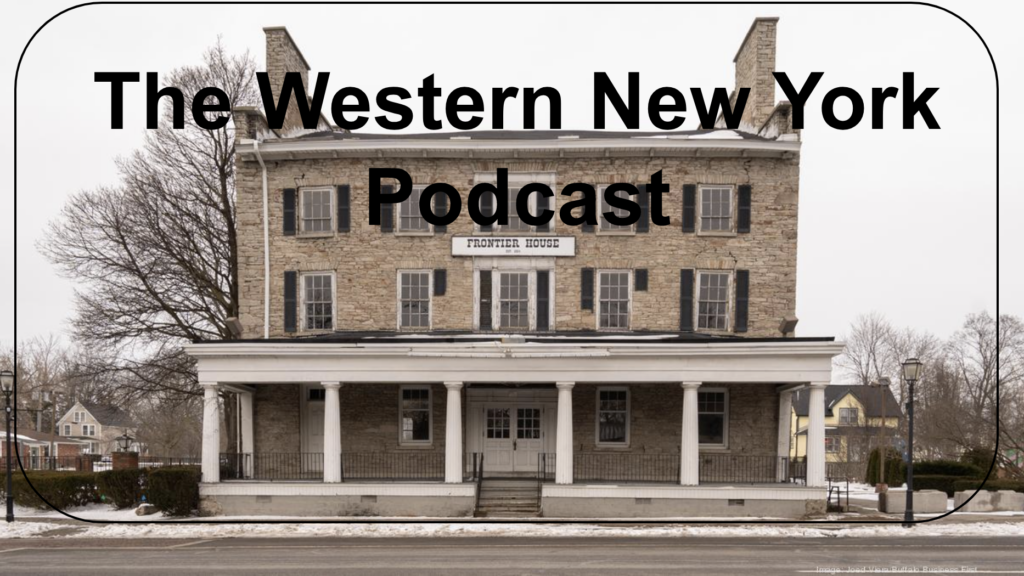Blog post and podcast by Kayla Phillips

Hello everyone! I’m Kayla Phillips and today I’m going to give you an introduction to my podcast: Questions in History. I created this podcast for the undergraduate class HST 485. My podcast covers all types of history from around the world in a fun, engaging way. When I first conceived my podcast, I wanted to create a history podcast that was both informative and enjoyable mostly for the general public and history buffs. I chose not to limit my podcast to a certain era or topic because there’s so much good history everywhere, I couldn’t just focus on one and neglect others. I hope my podcast will bring in-depth history into the mainstream without going over people’s heads while providing overlooked and interesting information to established history fans. Unlike other podcasts, I try very hard to keep my episodes non-political because I believe this distracts people from a full appreciation of history and its actors, so I won’t get into contemporary issues very much. I hope you enjoy my podcast, and if you have any comments or suggestions, please add them in the comments below.
I’ve been both an academic historian and a history podcaster for about six years. I love doing it and I am constantly confronting the inconsistent (and sometimes conflicting) skill sets required for my parallel roles. I chose the topic of history podcasting for my HST 485 History in the Wild course and designed the course to be as collaborative and applicable as possible to their real-world needs. ASU’s humanities students deserve to take courses that harness their passions and natural curiosities so that building a wide variety of skills (our end goal) doesn’t feel like work. The podcasts that resulted from this course exceeded my expectations. –Dr. Marissa Rhodes, professor of HST 485: History in the Wild

Tagline: The People, Events, and Why of History
Title: Questions in History
Podcast Topic: World History
Titles and descriptions of your two sample episodes: Episode 1: Why was Nation-Building Successful in South Korea but not South Vietnam?
Description: This episode will explore the different responses to U.S. nation-building in South Korea and South Vietnam. It will cover why the responses were different despite U.S. methods being identical in both nations, what both governments/peoples sought to gain in their response, and what the impact of their decisions was during and after the wars.
Episode 2: What did General William Tecumseh Sherman do Besides His Georgia Campaign?
Description: Most people are only familiar with General Sherman in his burning of Atlanta and subsequent March to the Sea. However, there was more to Sherman than just “total war”. My podcast will examine certain parts of Sherman’s life before, during, and after the Civil War that receives less attention in the popular press. In doing so, my listeners will have a greater understanding of Sherman as a man and influential historical figure beside his role as a general.
Topic Ideas for an additional eight episodes: Why Wasn’t Ethiopia Colonized by Europeans? Where did the European barbarians come from? What Did China Do After the Opium Wars (probably serial)? Who was King Kamehameha and What Did He Do for Hawaii? What’s the Difference Between Communism and Socialism? What Did Ayatollah Khomeini Do Besides the Iranian Hostage Crisis? Why did France Invade Mexico and Why did it Leave? Educator Edition: The 1776 vs the 1619 Project: Which one Should I Use in My Classroom?
Format & Rationale: My podcast will have one host, be in long-form and episodic with occasional serial episodes. My podcast will be historiographical and biographical and serious with lots of well-researched academic material. My podcast will use storytelling/conversational language to make it interesting and natural as opposed to wooden and lecture-like. I chose this format because I want to use high-quality sources and have enough time to fully explain the material during each episode, but I also want academic history to be accessible and easy to follow for the general public.
POV/Approach/Style/Voice & Rationale: The podcast will be from the POV of a young expert and be historiographical in nature. Episodes will be scripted, but incorporate storytelling and casual, conversational language to engage my listeners and make it easy to follow complex topics. I chose these elements because I want my podcast to have a professional atmosphere that is faithful to historical accuracy and nuance while making my episodes enjoyable.
Episode Frequency & Rationale: I will release episodes every 2 weeks and because of my general theme, my podcast will have unlimited topics. I chose this episode schedule because I want to balance adequate time for research and recording with public demand for my podcast. I chose a topic with a broad range of subtopics because I want to expose my listeners to all types of history so they can better understand them.
About the Host: I will tell my audience that I am a historian, tutor and future teacher so they will get a sense of my credibility as a history podcaster. My public persona will not differ much from my private self, and I will be straightforward, easy-going, occasionally humorous, and conversational with my listeners. I love learning about all types of history and I have a great desire to help people better understand history because it is very important and relevant in everyday life. I am also passionate about historical accuracy, research, and exploring overlooked questions in history. Finally, I have a passion for sharing history with others and want to remake the teaching of history to present it as a living story instead of memorized facts.
Target Audience: My target audience is members of the general public who have an interest in history and teachers.
Explain why your podcast topic, format, POV/style, episode frequency, and host identity are attractive to your target audience. A long-form biweekly podcast will be attractive to the general public because they can listen throughout the two weeks without being overwhelmed by constant new content or sacrificing episode depth. Teachers will also appreciate the length and frequency of my podcast because it will provide them with the quality content they need and give them time to incorporate concepts into their teaching before the next episode is released. My topic and style will be attractive to both audiences because it offers them an in-depth exploration of history in an entertaining, easy-to-follow style that encourages listeners to finish the episodes.
Describe two ways you will reach your target demographic I will promote my podcast to the general public through podcast platforms like Apple Podcasts and Stitcher and maybe through a mailing list geared toward history lovers. I will market my podcast to teachers through educator mailing lists.
How will you develop a sense of community and belonging among your listeners? I will have a website with show extras and a store. I will also have a forum on my website where listeners can discuss episodes and suggest new episodes.
What kinds of folks do you anticipate will object to or dislike your podcast? Definitely public historians and people who prefer shorter podcasts. While people in the field of history may not dislike the podcast, the episodes may cover what they already know, and they would dislike my frequent quick definitions of terms that the general public may not be familiar with.
What are some ways you can market your podcast to steer away folks who expect something different and will be disappointed? My podcast will have a short introduction before each episode explaining what my podcast is about so people who would not like it will know ahead of time. I will also make sure to advertise where my target audience is likely to congregate (history.com, study.com teacher’s websites, etc.)
Why is your podcast needed? There is a lot of misinformation about historical events and people today. My podcast will expose ordinary people to truthful, accurate history and enhance their understanding of what really happened in the past and why it is important today. Serious history students will build on their previous understanding of particular events/people and use it as a starting point for further study or their own research. Educators will benefit from my podcast by learning about important minority group figures and the integral role minorities played in U.S. history which they can use to make their lessons more historically complete and accurate. How many podcasts currently exist that are similar to yours? Name them. Stuff You Missed in History Class, History of the World Podcast, The History of the World in 100 Objects, History Unplugged.
Browse some of their reviews on Apple Podcast or other pod platform. What do people like or dislike about podcasts similar to yours? For Stuff You Missed in History Class and History Unplugged podcasts, people either said they loved the podcasts’ depth, variety, and the narration or vehemently disliked them citing they were biased, the hosts were annoying, and the episodes were poorly researched. History of the World Podcast received all positive reviews with many listeners praising his research, accuracy, and POV/style.
How do you anticipate that your podcast would fare if the same folks were reviewing your podcast? I do not think my podcast would be criticized for being political because I generally do not mention current politics in my podcast. I think that listeners would agree that my podcast has excellent research like History of the World Podcast
Are there any perceived holes or silences within your podcast’s subcategory that seem like they need to be filled? A podcast that covers all world history topics, both western and non-western history, and both familiar and unfamiliar topics. Need for straightforward, consistently well-researched, unbiased World History
How does your podcast address a silence or hole in the genre OR what does your podcast do differently than others that are similar? My podcast would be mostly apolitical, cover both well-known and unknown topics, and integrate the study and learning of all eras of Western and Non-Western history into a cohesive story.
What auxiliary components would you launch alongside the podcast? I will have a website with bibliographies, show notes, transcripts, a store, etc.
Explore the auxiliary components created by other podcasts. Feel free to use the podcasts you explored in the first two weeks of the course for this part of the assignment. What kinds of add-ons do they have? The Queens of England Podcast has a website with show notes, sources, and maps when appropriate. It also includes a short biography about the podcaster and a statement about where he does his research for his episodes. He also has an online store where fans can purchase podcast-themed merchandise.
Which auxiliary components would best suit your podcast and your target audience? Why? I will create a website for my podcast with photos about my episode topics, bibliographies for each episode, fun facts, community forum, lesson plans, and an online store. These auxiliary components of my podcast will enhance my listeners’ engagement with my content and provide additional information for those that want it. The lesson plans will be useful for teachers to use in their classrooms and for their personal reference.
How might you made your podcast more accessible for people with disabilities or some other disadvantage that prevents them from accessing your content readily? I will definitely include transcripts of all my episodes for hearing impaired podcast followers, and I will also make my podcast available through podcast catchers or on smartphone apps for sight-impaired listeners. I will also include materials on my website for teaching history to special education students.
Describe some of the feedback you received in your peer reviewers and what you did to address these criticisms: One comment I received was to break up the paragraphs of my script into smaller portions which I did in both Episodes 1 and 2. I also received a comment that I should consider doing my episodes chronologically to better create a sense of history as a story. However, creativity does not happen chronologically for me, so I decided to organize my episodes chronologically on my website so I can give my listeners the same story-like feel to my episodes.
Describe some of the feedback you received from the instructor and what you did to address those criticisms: One comment was that I should break up my paragraphs, so I made sure to do that on both of my episodes. Another was that I refined my audience so that it would be easier for me to market my podcast, so I narrowed my audience down to the general public and teachers. I also received a comment to have a lead in to each of my episodes, so I modified my pilot episode introduction to making a shorter introduction for my consecutive episodes.



